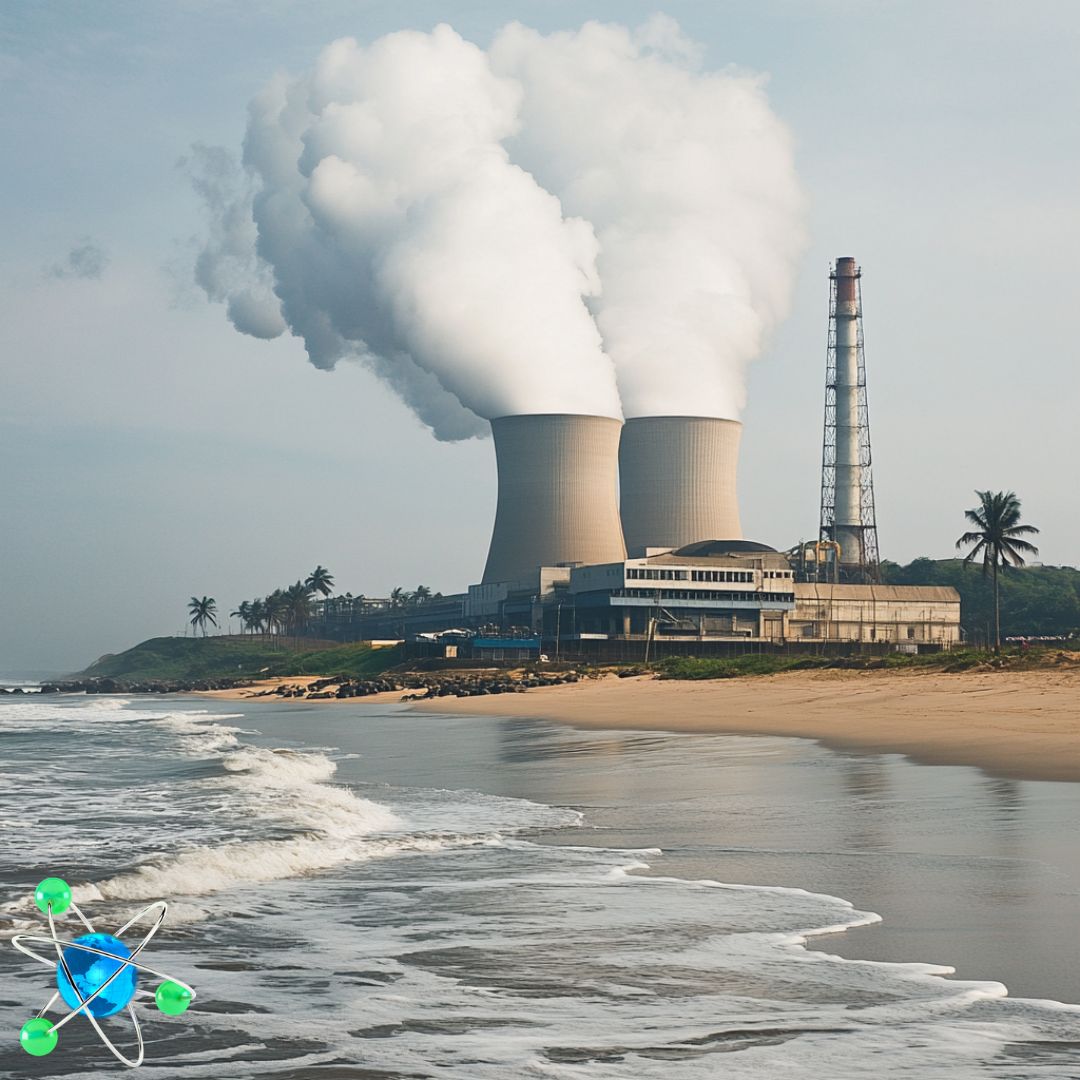
- Since joining the IAEA in 2012, Togo has leveraged nuclear science and technology to improve agriculture, health, water management, and energy planning, with notable achievements like drought-resistant rice and advanced energy planning tools.
- Togo’s partnership with Nano Nuclear Energy focuses on deploying small modular reactors (SMRs) to diversify energy sources, increase electricity access, and reduce reliance on fossil fuels, especially benefiting rural areas.
- By establishing the Togo Atomic Energy Commission (TAEC), Togo is enhancing regulatory infrastructure, fostering technical expertise, and positioning itself as a regional leader in sustainable nuclear energy.
Togo has a growing history of exploring nuclear energy for peaceful purposes. Since joining the International Atomic Energy Agency (IAEA) in 2012, Togo has steadily integrated nuclear science and technology into its development agenda. The country has focused on leveraging nuclear technology to address challenges in agriculture, health, water management, and energy planning—all critical to achieving sustainable development.
The International Atomic Energy Agency (IAEA) has supported Togo since it became a member state in 2012, focusing on the peaceful use of nuclear science and technology to address key developmental priorities. The cooperation spans various sectors, including agriculture, health, water management, and energy planning, contributing to sustainable development.
Key achievements include the upgrade of plant breeding facilities at the University of Lomé to enhance drought-resistant rice production and the establishment of a government-funded bull center and semen laboratory for improving livestock productivity. The IAEA has also provided advanced training and tools for energy planning, enabling Togo to develop its Electrification Master Plan. Active projects include improving crop productivity through radiation-induced mutation techniques, establishing radiation safety infrastructure, and supporting human resource development in nuclear technology. Additionally, the IAEA is aiding Togo in conducting feasibility studies for radio-oncology facilities and using isotopic methods for sustainable water management.
The IAEA’s contributions have helped strengthen Togo’s regulatory framework for nuclear energy, enhance food security, and develop energy and health infrastructure, positioning the country to better address its developmental goals while contributing to regional cooperation. Complementing these efforts, Togo has recently taken a groundbreaking step by partnering with Nano Nuclear Energy to integrate small modular reactors (SMRs) into its energy strategy. This collaboration aligns with Togo’s focus on diversifying energy sources to meet growing demand, reduce reliance on imported fossil fuels, and lower environmental impacts.
The agreement with Nano Nuclear Energy involves the deployment of microreactors designed to provide flexible and scalable electricity generation solutions. These reactors are particularly suitable for Togo’s needs, enabling it to enhance electricity access for the approximately 30% of its population still without power, especially in rural areas. To complete this ambitious project and promote peaceful applications of nuclear technology, the Togolese government has established the Togo Atomic Energy Commission (TAEC). By adopting cutting-edge nuclear technology, Togo is not only addressing its immediate energy needs but also laying the foundation for long-term energy resilience and sustainable behavior.
